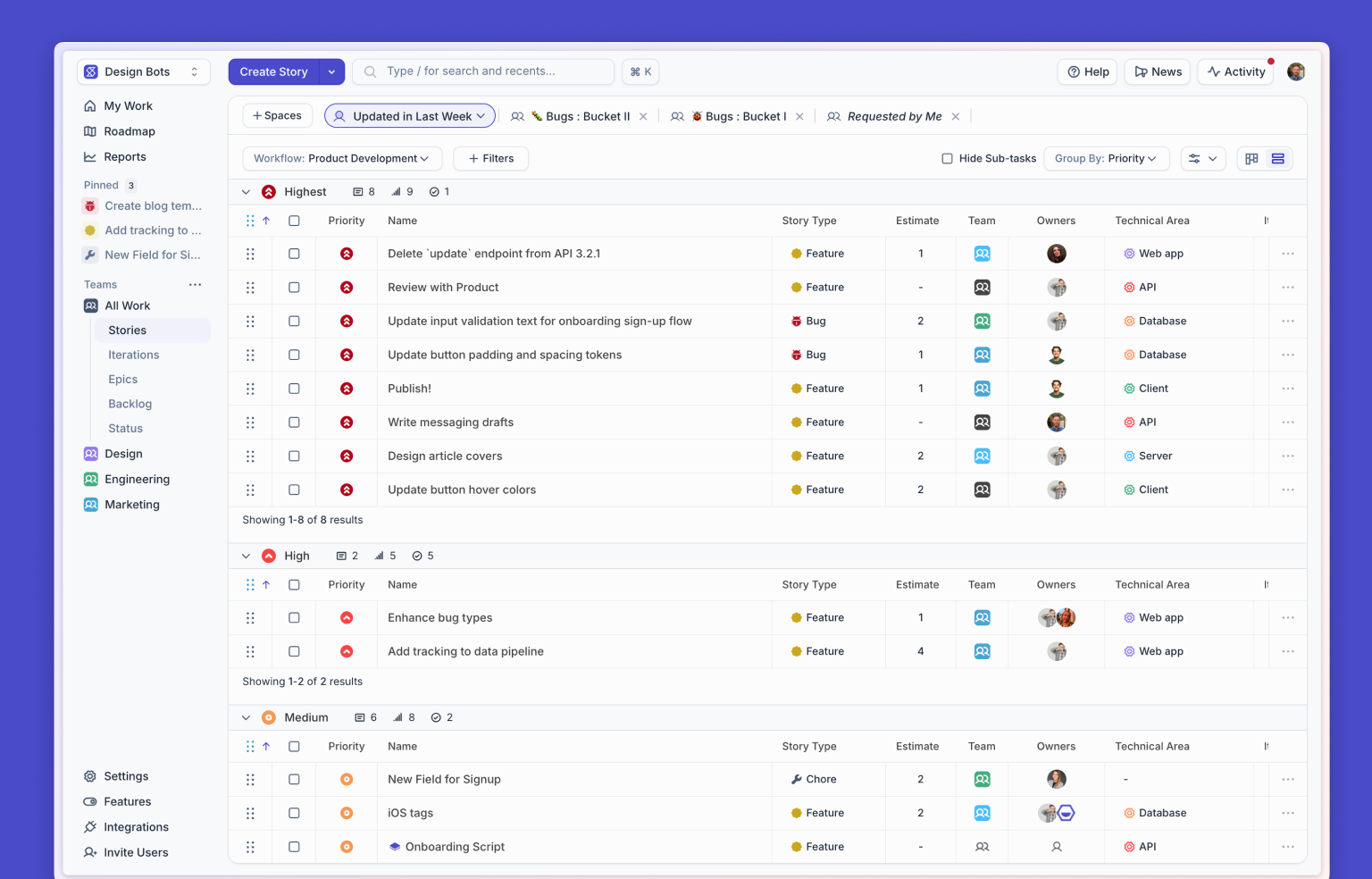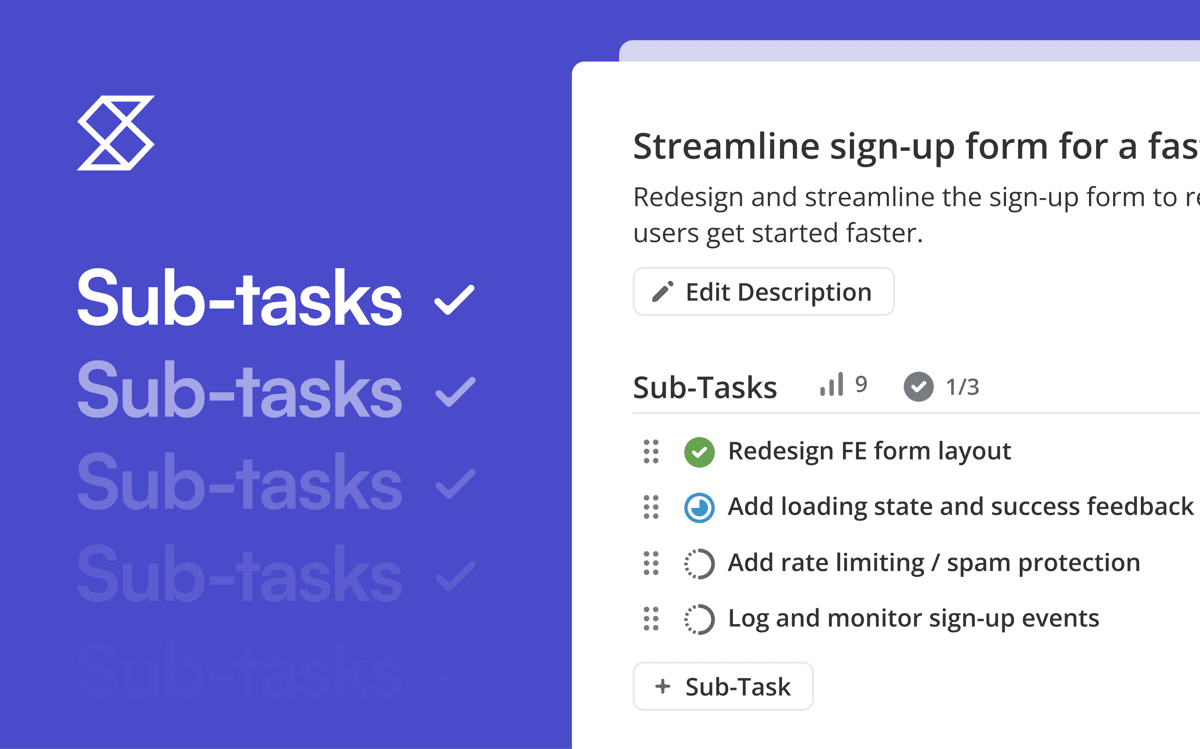Every engineer asks questions. And, for the most part, every engineer is willing (or even eager) to answer questions.
The thing is, it often feels easier to ask questions on Stack Overflow, Blind, or other developer forums than to ask face to face. Sometimes, it’s more comfortable to ask strangers than to ask the people we work with.
This doesn’t only affect new developers.
Imposter syndrome is real, and it can affect anyone -- but there are a few things we can do to facilitate a stronger culture of learning, where people feel comfortable asking questions and seeking feedback, regardless of their seniority level.
Create a safe space for questions by leading by example
Imposter syndrome is not something only new developers face. It often resurfaces when people are promoted; they begin to question whether they deserve the “Senior” title or the “Manager” title. They might think they need to have all the answers.
This is something that can be addressed by making incremental changes to your company’s culture until learning from each other is the norm. If you’re the CTO, it starts with you. Ultimately, however, anyone can model this.
- Let your team see you getting stuck on something.
- Let your team watch you work through a challenge.
- Ask questions in public forums.
- Say things like “I’m not sure” or “We should ask so-and-so.”
- Answer questions -- even simple questions -- with enthusiasm.
People are more likely to ask questions when they see that (a) it’s safe to do so and (b) they’ll get an answer. If an engineer asks you a question and receives a chuckle or a groan in response, they won’t ask you again.
On the other hand, if someone on your team sees that you ask questions regularly and that it’s no big deal to not know something, the culture shifts.
Imposter syndrome worsens when a developer believes that they are the only one who doesn’t know something. Often, it takes a bit of vulnerability to admit when you’re stuck, or when you don’t understand something. It’s easier to be vulnerable when you’re part of a team that embraces this vulnerability. Modeling this type of vulnerability is the best way to make it a norm.
Make professional development a priority.
Learning shouldn’t stop when someone lands their first developer role. People can and do learn on the job, but professional development should be ongoing.
Encourage your team to:
- Attend and/or present at conferences.
- Go to meetups.
- Take a course.
- Participate in an engineering book club.
- Experiment with new technologies.
Peer-led professional development is one way to get your whole team involved in collaborative learning. Let members of your team lead sessions for others to attend. It doesn’t matter what the sessions are about.
One person might host a workshop about advanced concepts using a particular framework, while another might run a session about writing clean code. Both are valuable. The goal is to foster a culture of learning from within, where the stakes are low and it’s safe to ask questions.
An engineering book club is another fun way to encourage people to learn and to ask questions. If developers form a book club on their own -- even better. It’s easier to ask questions and to work through challenges when you’re surrounded by people that you’re comfortable with.
Lastly, don’t underestimate the value of taking a course here and there. When you’re taking a course, everyone is learning. Everyone has questions.
Encourage your team to contribute to open-source projects.
Open-source projects are a great way to give back to the developer community while simultaneously learning from others. Making a pull request can lead to a feeling of pride and validation. This helps chip away at imposter syndrome -- especially if those feelings of not being good enough happen more often in the workplace than at home.
When you contribute to open-source projects, a stranger is validating your work. If you thought your work wasn’t good enough and that all your work friends were lying to you about your skills, now you have an outside opinion. The validation that comes from working on an open-source project (or even a passion project) is often unparalleled.
Host an Ask Me Anything session.
If you feel like people have questions that they’re holding back, consider hosting an "Ask Me Anything" session.
Allow your team to submit questions anonymously -- a Google form works well -- and address them in a panel discussion. No question is a stupid question, so answer them all. Saying something like “I’m not sure who asked this, but it’s a great question” can go a long way.
Encourage the team to ask follow-up questions during the event.
You can host an Ask Me Anything about… well… anything. It can be about a particular product, project, technology, or concept. It can also be a general Ask Me Anything. You’d be surprised how many questions people are holding back.
My company’s first Ask Me Anything session is in a few weeks, and we already have 19 questions submitted through an anonymous Google form. I chose two people to facilitate the session, and I sent a calendar invite to the entire company. I expected 10 or 15 people to RSVP “yes”.
We’re up to fifty participants. And guess what? I submitted one of the questions.

















%20(788%20x%20492%20px)%20(1).png)
.png)

